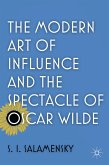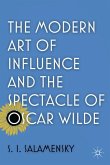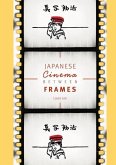Exploring the Japanese tradition of hidden (or the secret transmission of) knowledge within a closed and often hereditary group, the author investigates how esoteric practices function, how people make meaning of their practices, and how this form of esotericism survived into the modern age. These questions are examined through the use of esoteric texts from the 15th to 18th centuries and theatrical treatises from the late 19th century onwards.
"Meticulously researched and finely argued, Secrecy in Japanese Arts is an intellectually bracing and deeply satisfying book. The author shows convincingly that esotericism, often considered to be a feature of Japanese cultural transmission, does not belong to the category of the inscrutable or mysterious, but rather operates according to an analyzable logic. This thrilling encounter between "postmodern theory" and "premodern Japanese culture" ought to be required reading for anyone involved in learning, teaching, investigating, or practicing the traditional Japanese arts." - Ayako Kano, University of Pennsylvania
"[Morinaga] is well versed in critical theory, and the book raises provocative questions regarding the various contingencies involved in the process of textual and lineage production...Morinaga's book encourages us to think deeply about the multiple ways in which 'knowledge' is crafted and maintained. The author argues compellingly that we must pay attention to the detailed dynamic contours of the production, performance, attempted transmission, and motivated reception of 'knowledge' in order to understand its workings in any context." - Terry Kawashima, Wesleyan University
"[Morinaga] is well versed in critical theory, and the book raises provocative questions regarding the various contingencies involved in the process of textual and lineage production...Morinaga's book encourages us to think deeply about the multiple ways in which 'knowledge' is crafted and maintained. The author argues compellingly that we must pay attention to the detailed dynamic contours of the production, performance, attempted transmission, and motivated reception of 'knowledge' in order to understand its workings in any context." - Terry Kawashima, Wesleyan University








